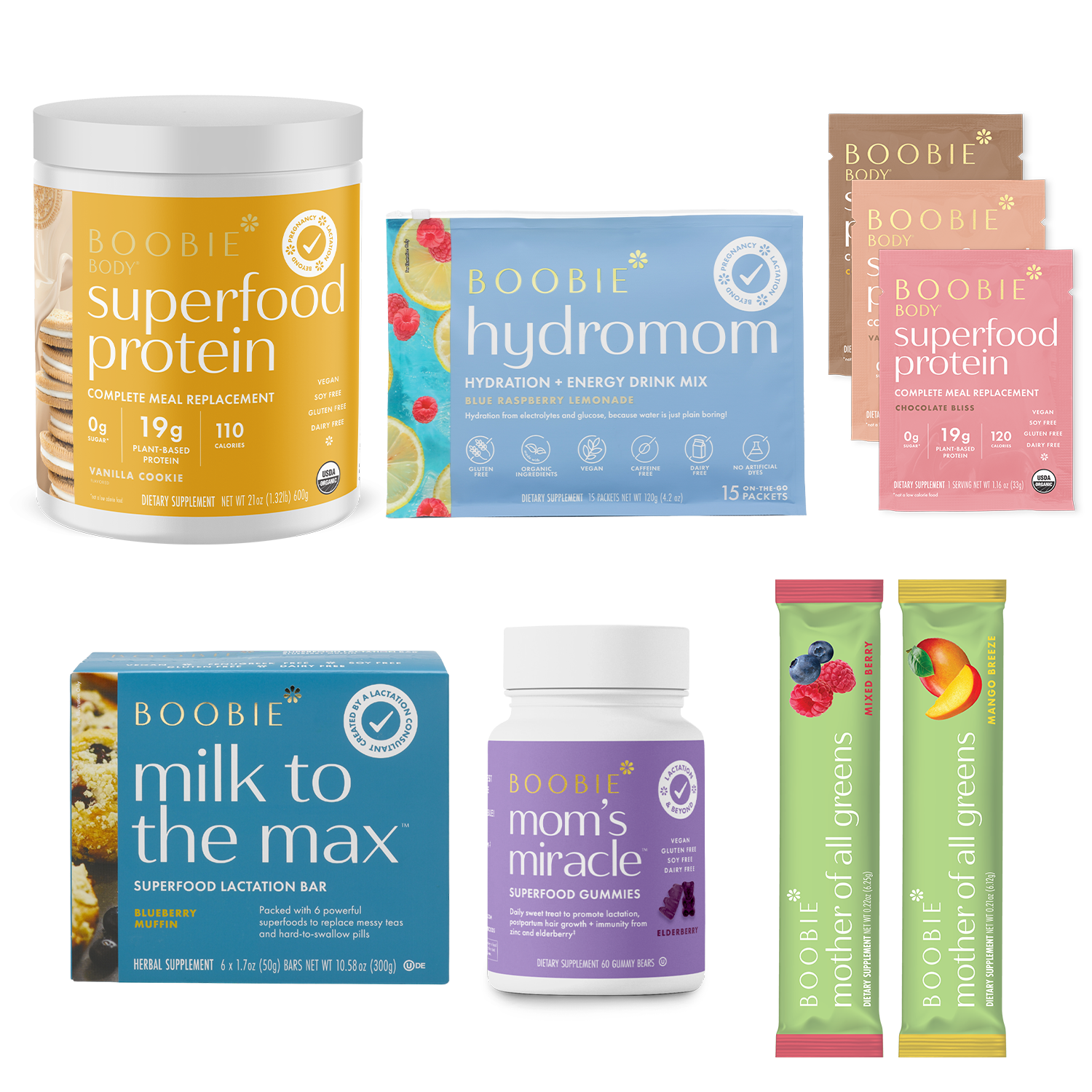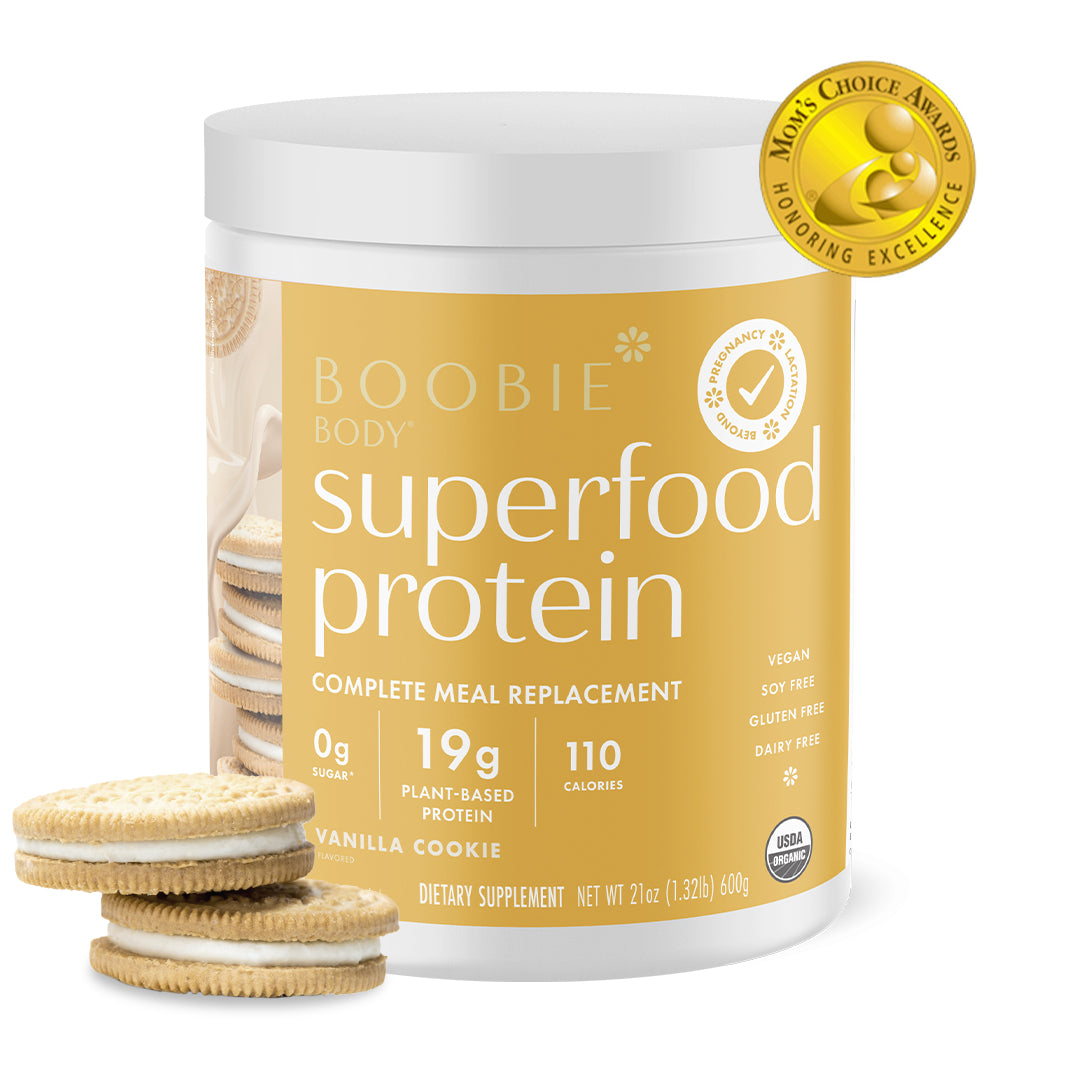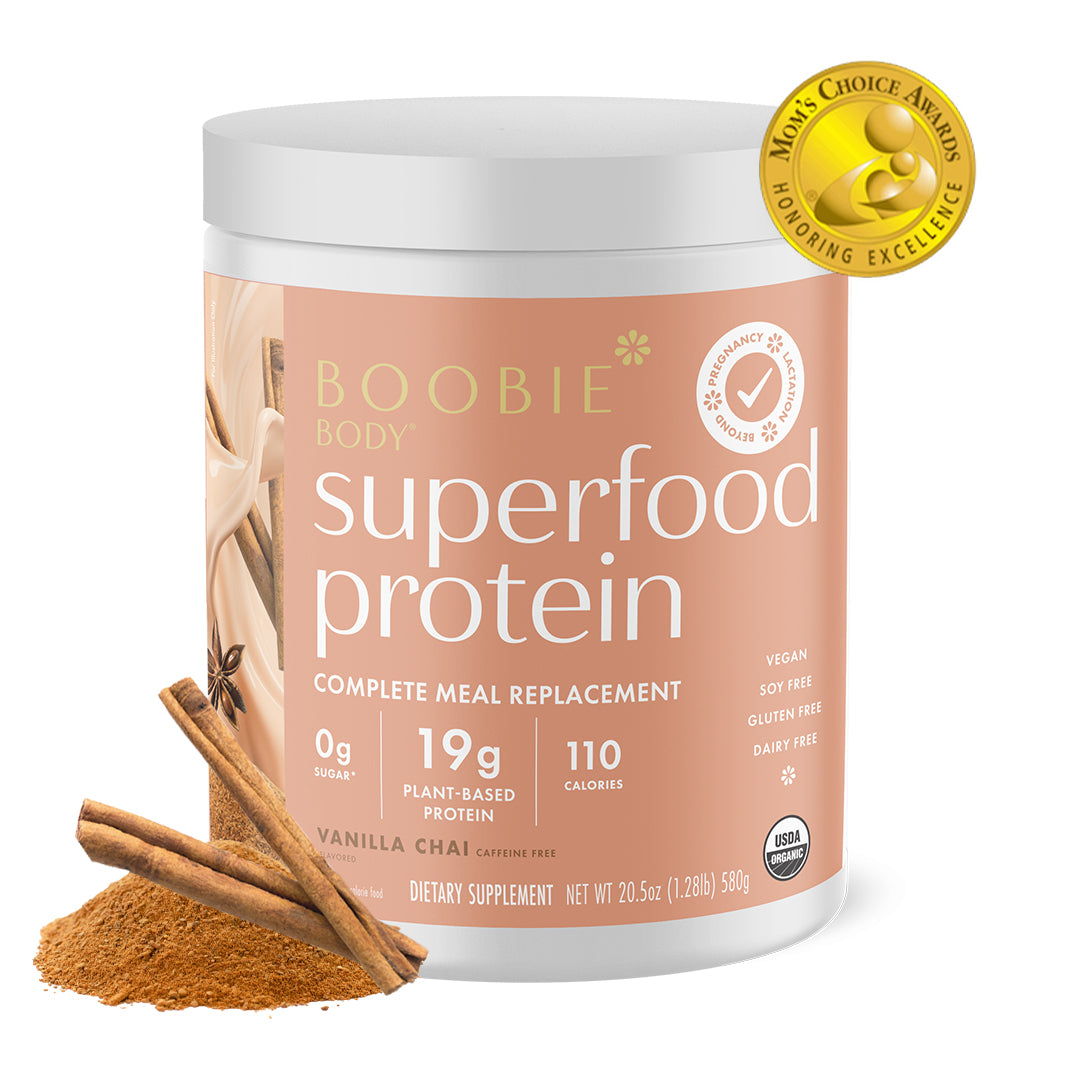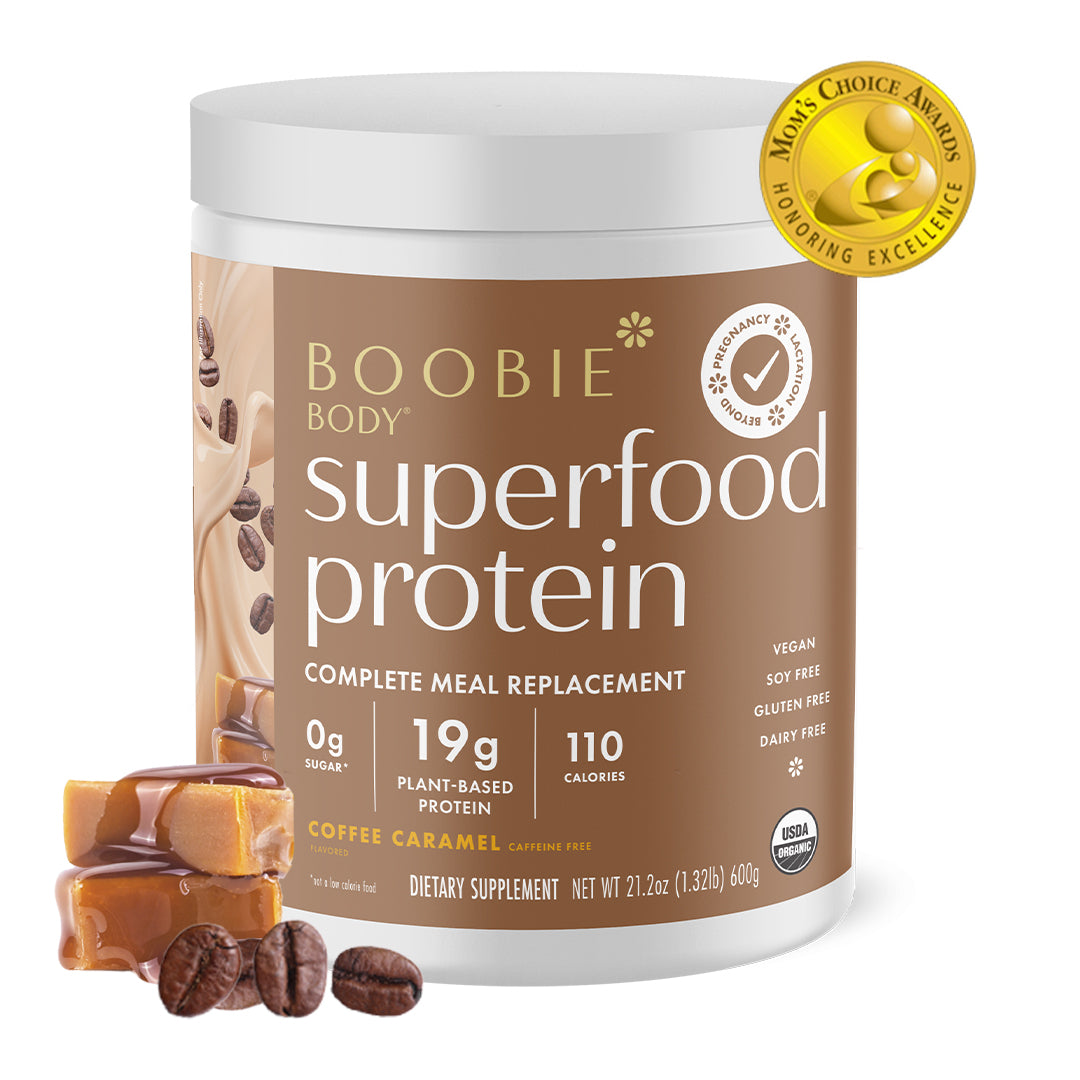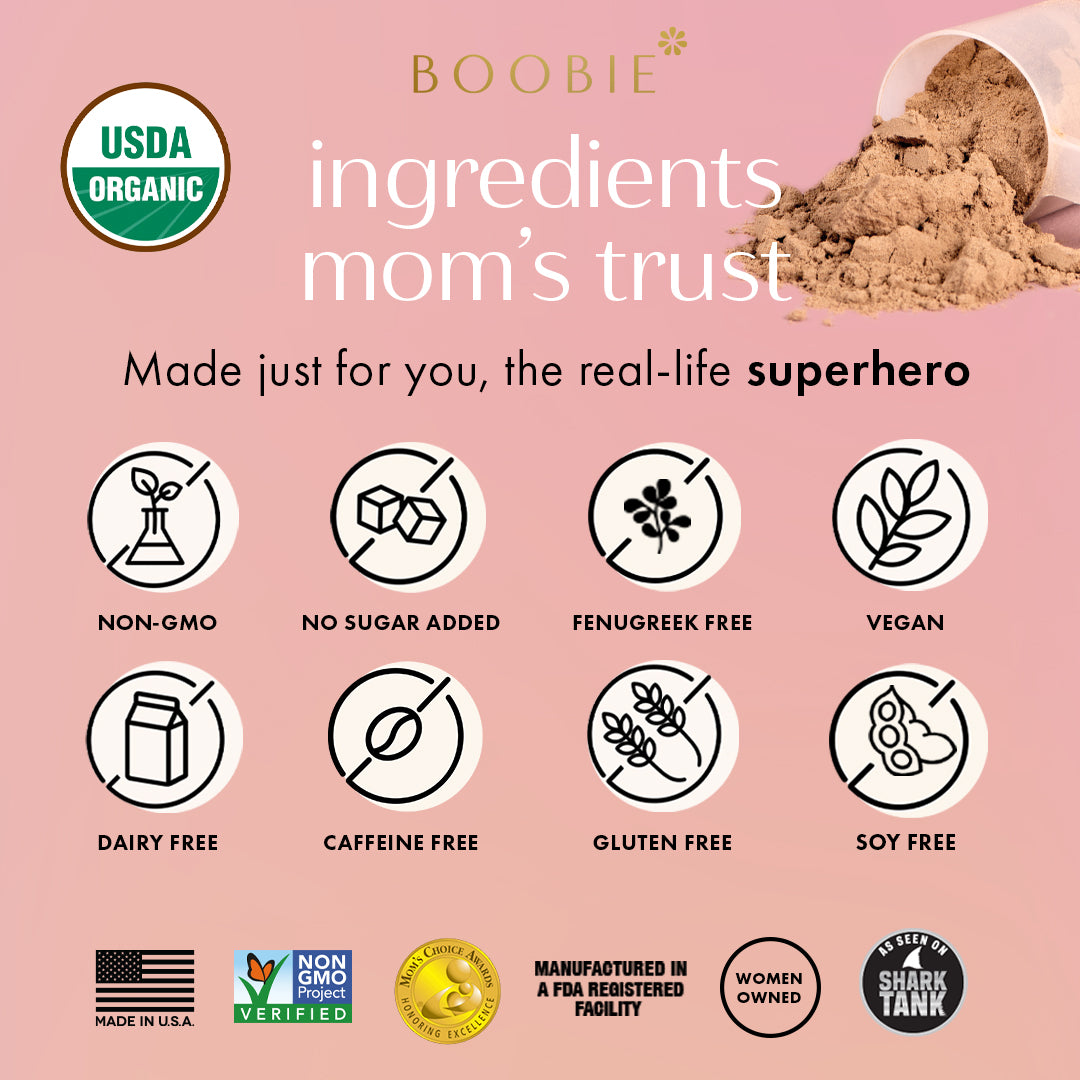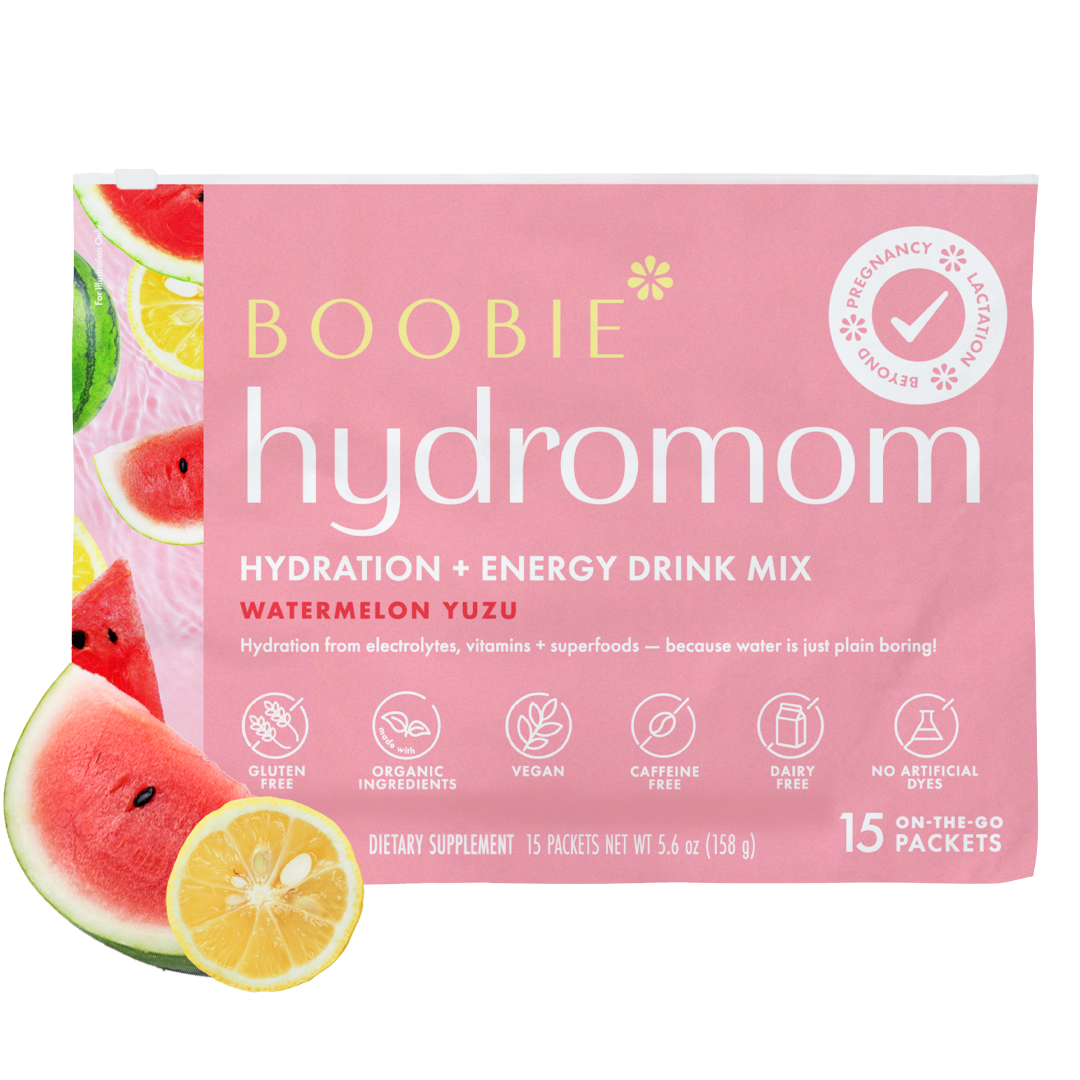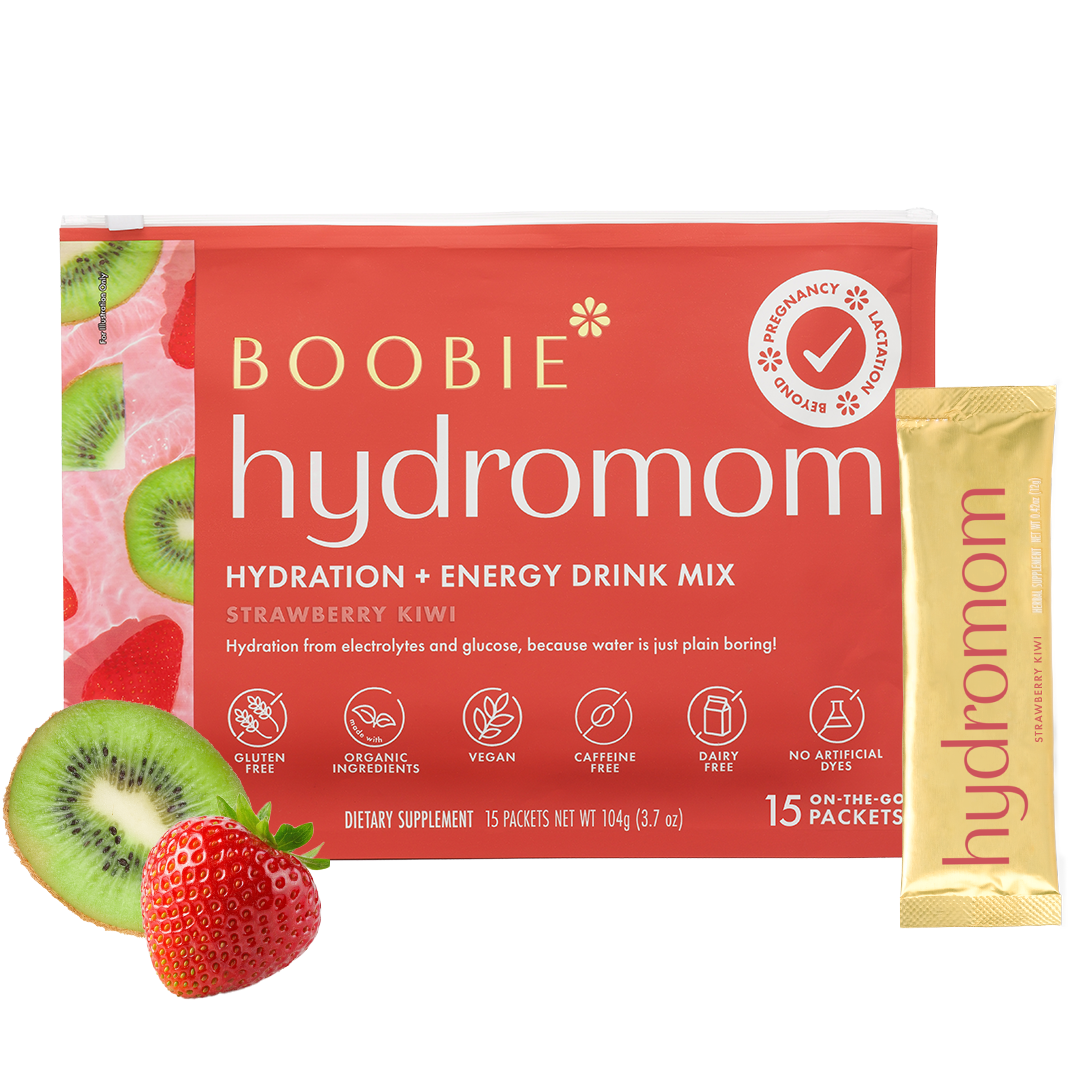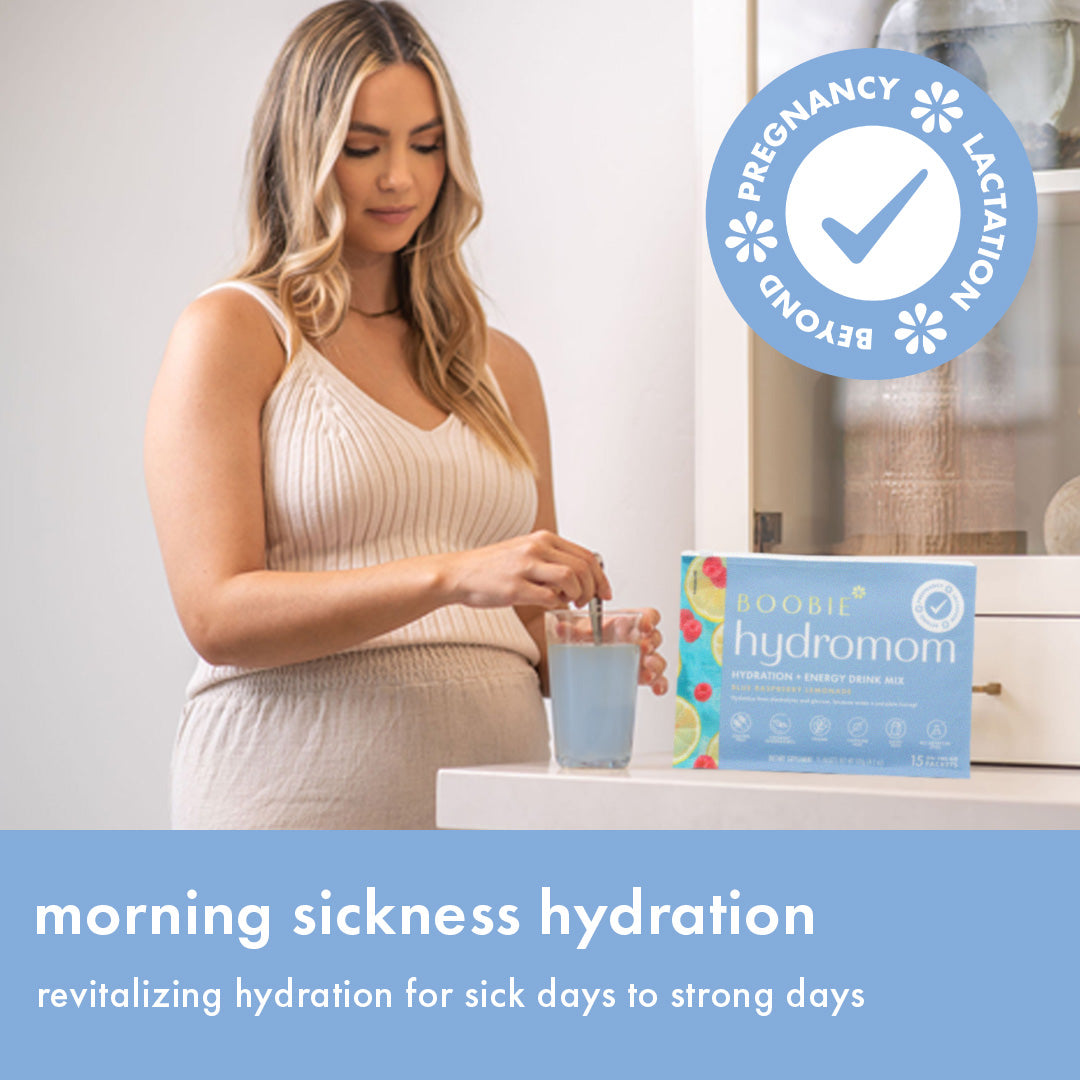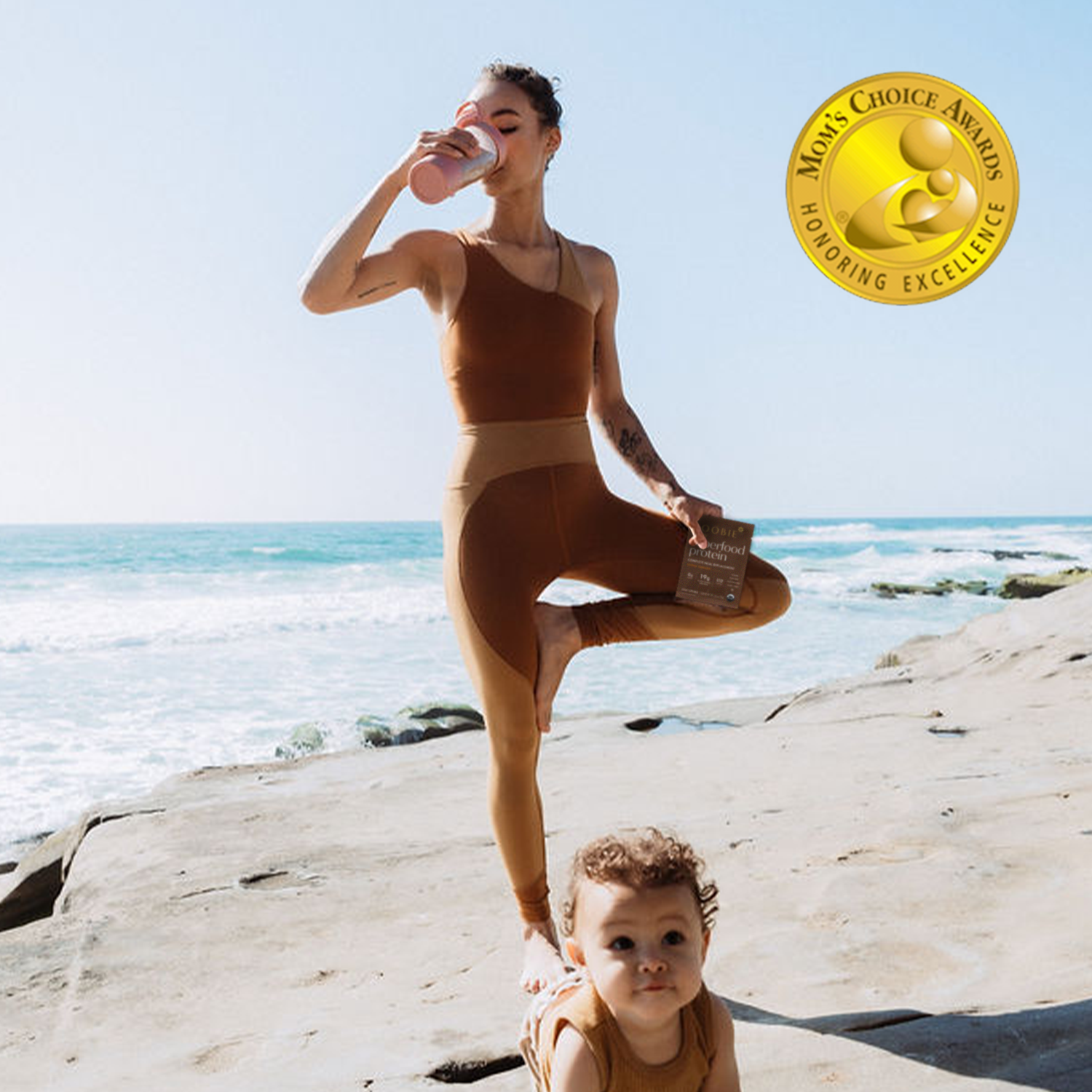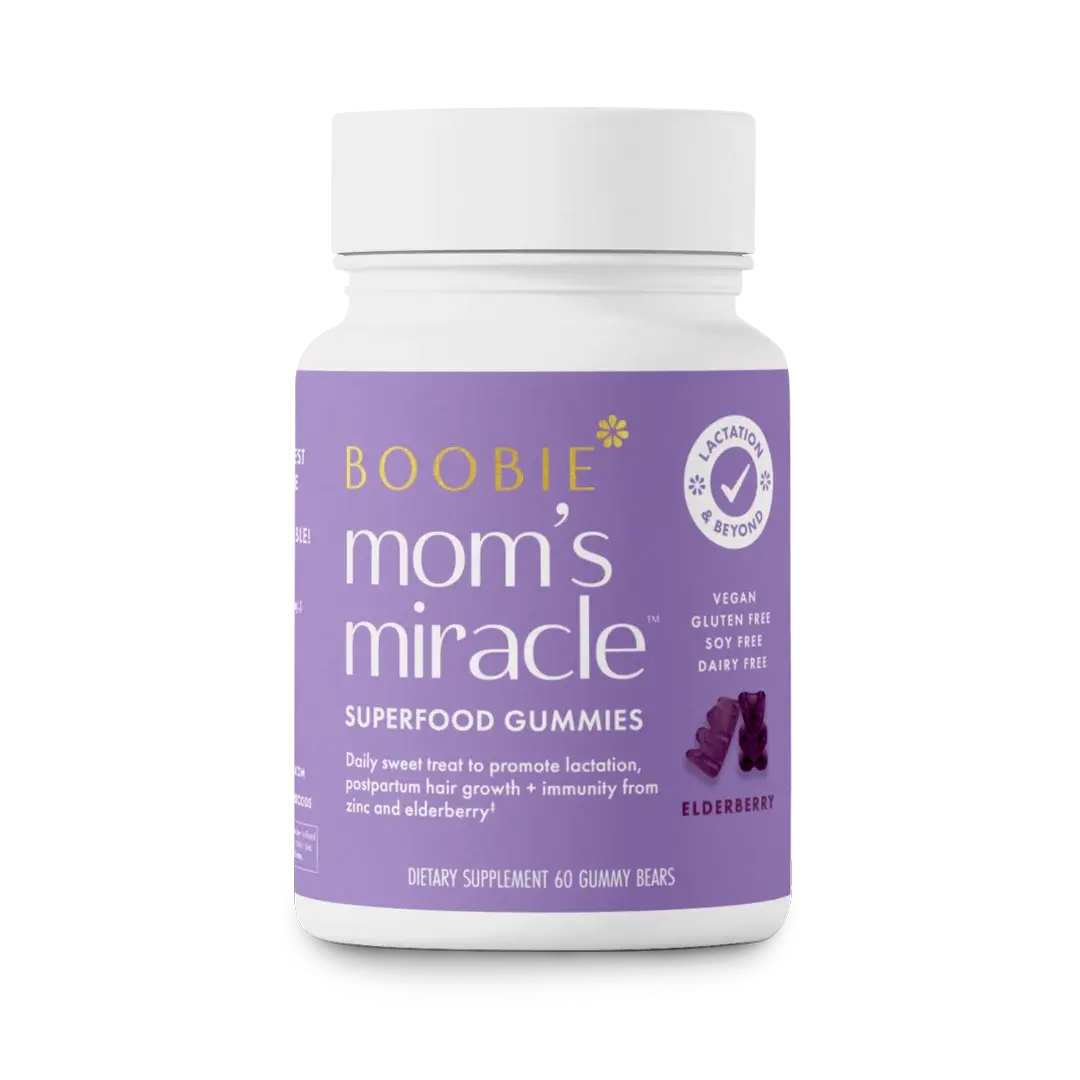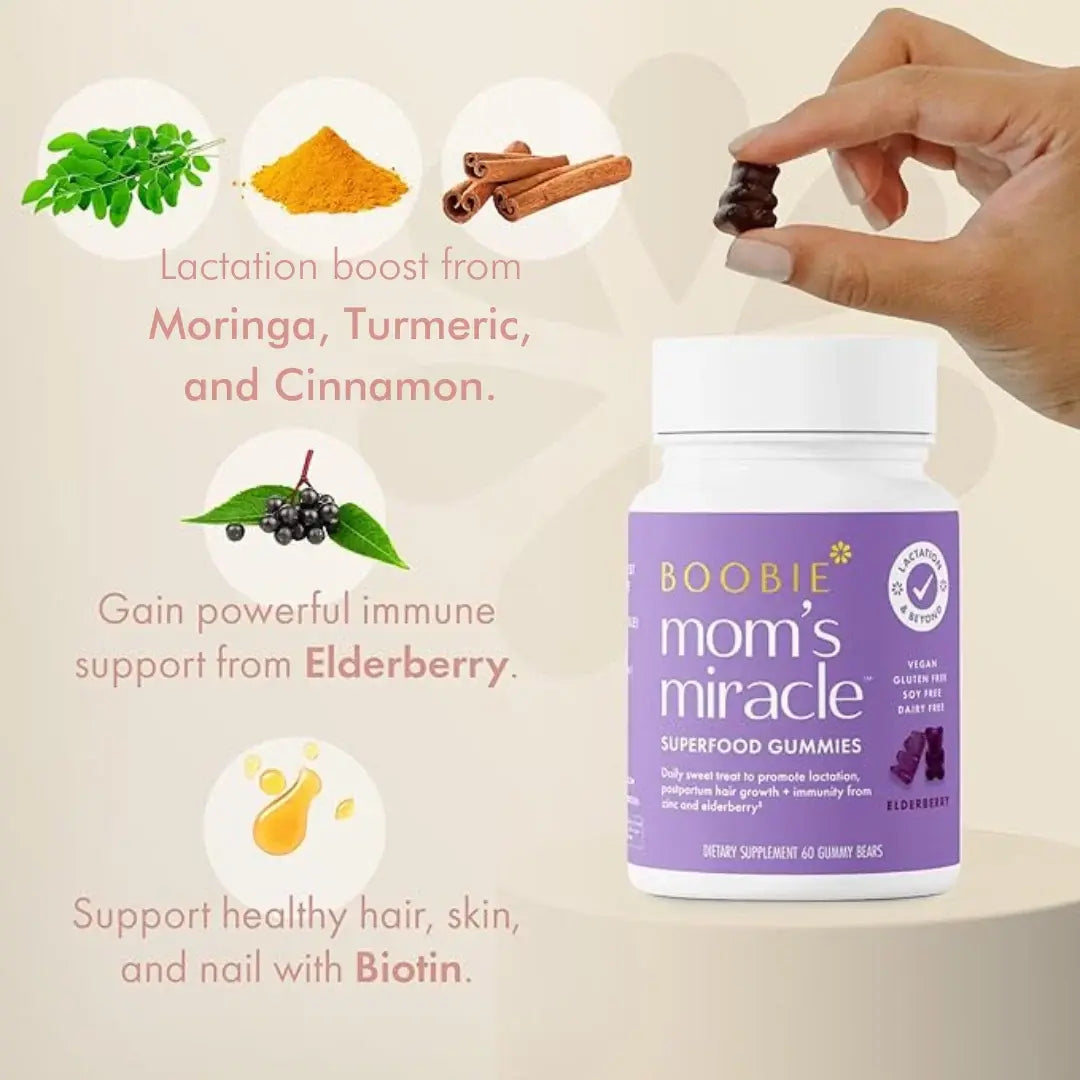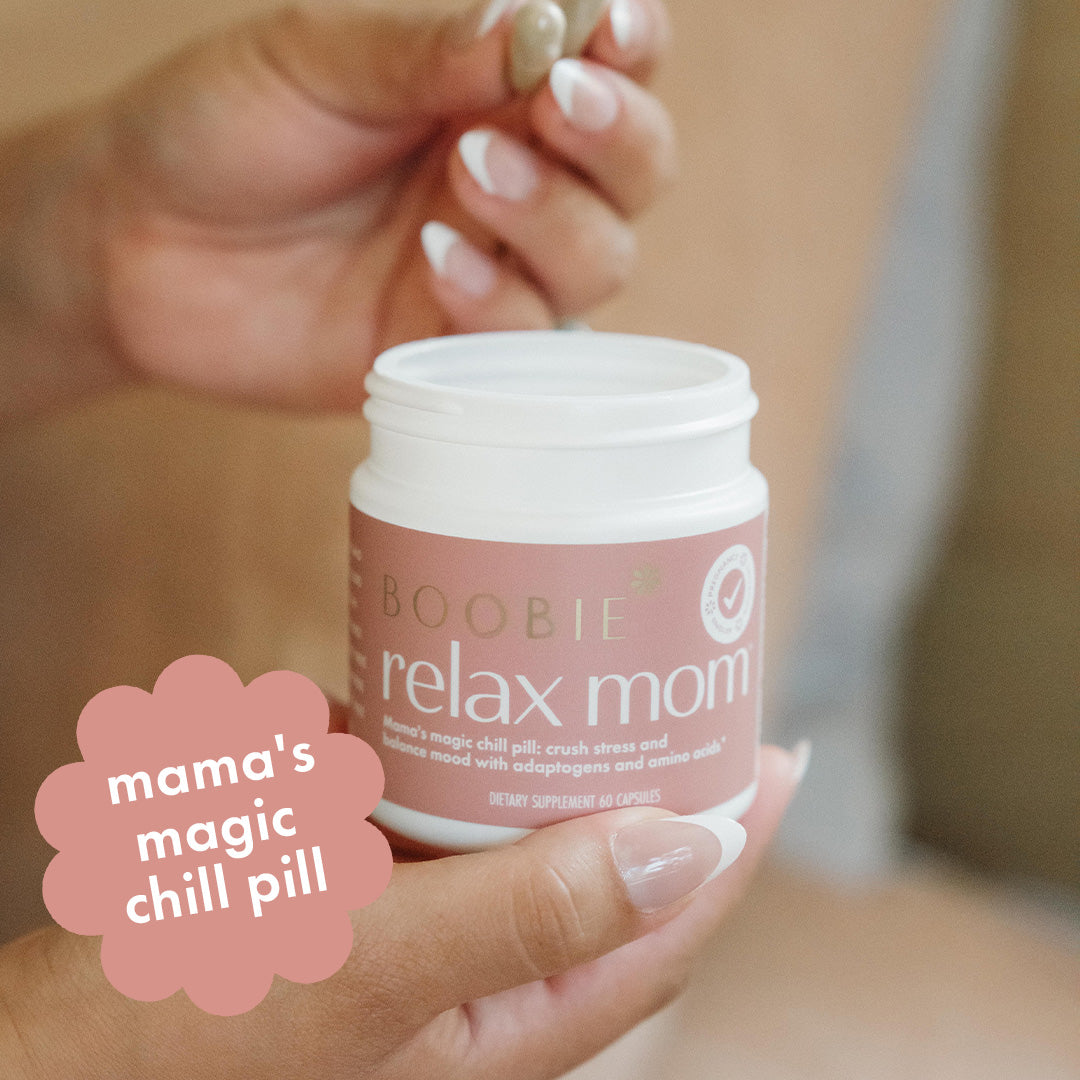By Wendy Colson RN, IBCLC, RLC
What Supplements Should A Woman Take On A Daily Basis?
No matter what stage of womanhood you are in, whether preparing for a pregnancy, pregnant or postpartum you likely want to know what supplements for women you should take.
While we want to aim for a whole foods diet that is rich in vitamins and minerals, our current diets typically lack essential vitamins for women. Supplementation can be a great way to ensure you are meeting all of your nutritional needs.
At minimum the best supplements for women include taking:
A quality multivitamin should provide dosages of nutrients that are commonly missed in the diet. Aim to find a multivitamin that includes:- Folate, methylated folate is essential for women during their reproductive years as it supports the reduction of neural tube defects during pregnancy.
- Vitamin D supports the absorption of calcium to support bone health and is critical for hormone regulation for women.
- B Vitamins, provide our cells with energy, support brain health and support DNA synthesis.. For women, it can be common to have B vitamin deficiencies as B vitamin is often found in animal products.
- Calcium, many women stop drinking milk or calcium fortified products in adulthood. However, as we age, the need for calcium to support our bone health is critical!
- Magnesium supports our nervous system and muscle contraction and helps to support our mood. Most women are depleted in magnesium and benefit from supplementation.
What Are The Most Important Vitamins A Woman Should Take?
While women should aim to at least include a multivitamin daily, there are some critical vitamins a woman should include that require some more specific dosages depending on what season of life you are in.
Iron, it is essential for oxygenating your cells and preventing iron deficiency anemia. Since iron needs can increase during pregnancy due to an increase in blood volume, an iron supplement should be considered during pregnancy.
Omega 3 fatty acids help support brain development and have been shown to help reduce cardiovascular risk. While it is possible to meet your need for omega 3’s with your diet by eating fatty fish such as salmon and tuna, if you don’t eat more than 3 servings a week you will benefit from a supplement. Breastfeeding and postpartum women in particular can benefit from additional supplementation.
Vitamin A plays a large role in vision health and while we can find it in surplus in red, orange and yellow colored foods (think peppers, tomatoes, oranges), postpartum and lactating women will benefit from an additional supplement due to an increased need.
Should Women Take A Vitamin Everyday?
Since vitamins and supplements serve the purpose of filling in the nutrient gap in our diets, it is recommended to take a vitamin everyday. Since our diets and nutrient intake can change day to day taking a vitamin or supplement helps to ensure that you are meeting your daily minimum nutrient requirements.
All in all, remember that supplements are a great tool to keep as part of your health routine, however the foundation is a well rounded, nutrient dense diet.






